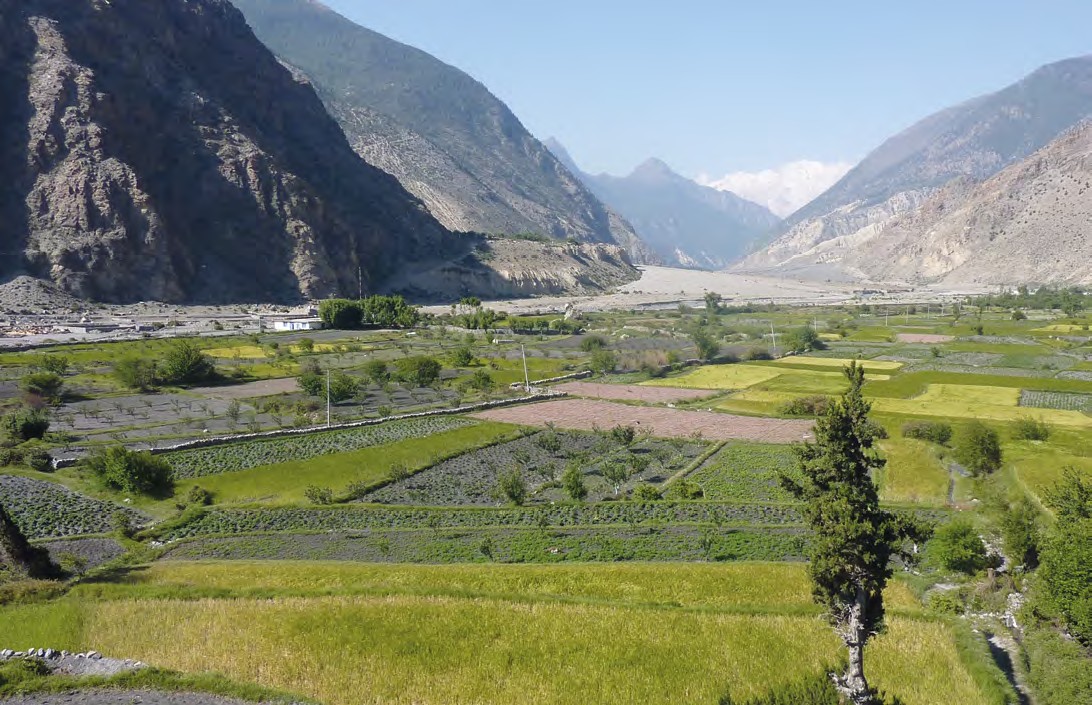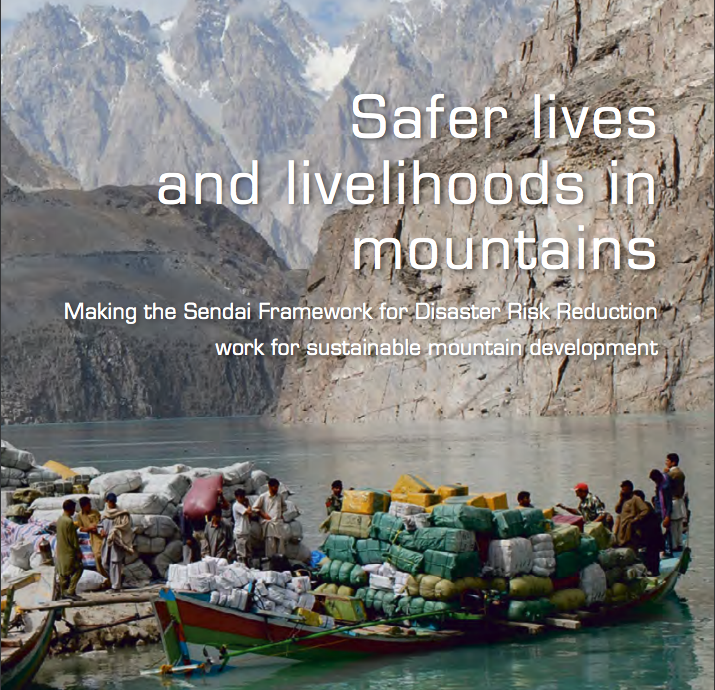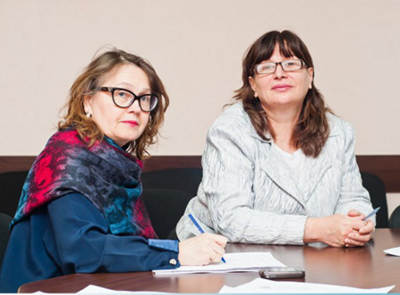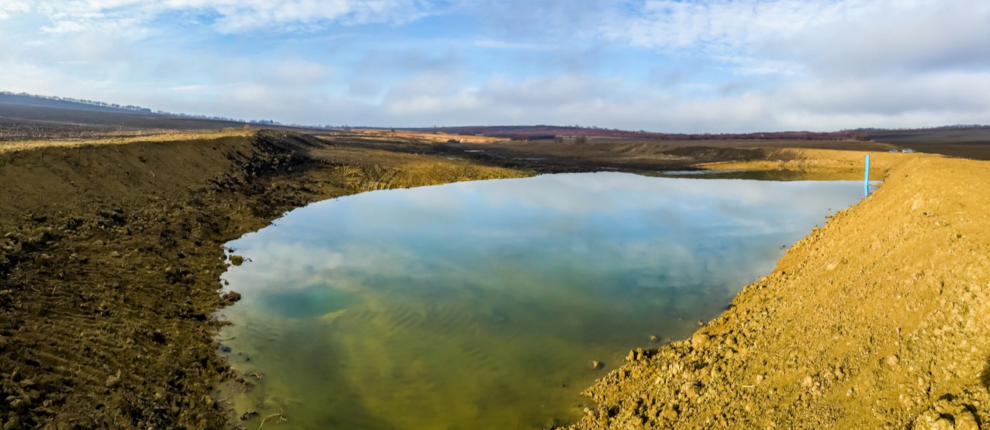ADC
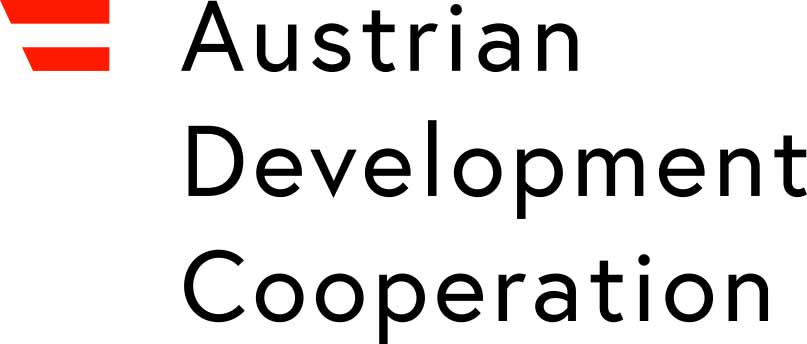
Austrian Development Cooperation (ADC) supports countries in Africa, Asia, South Eastern and Eastern Europe as well as the Carribean in their sustainable development. The Federal Ministry for Europe, Integration and Foreign Affairs (MFA) plans ADC strategies. Austrian Development Cooperation aims at reducing poverty, conserving natural resources and promoting peace and human security in partner countries. Long-term programmes and projects support help towards self-help. The ultimate goal is to bring about a sustainable improvement in conditions of life.
The origins of Austria’s official development assistance go back to private contacts and development aid activities in the 1960s. In addition to its commitments in Africa, Asia and Central America, since the 1990s Austrian Development Cooperation (ADC) has also supported countries in South-Eastern Europe on their way to joining the European Union. Million people benefit from ADC worldwide. The legal framework for ADC is the Federal Act on Development Cooperation adopted in 2002 and amended in 2003. It contains a specific list of goals that stipulates development-policy criteria for the whole federal administration. The key points are the reduction of global poverty, safeguarding peace and human security and preserving the environment. It also sets out the basic principles governing programmes and projects: the right of partner countries to choose their own way of development, respect for cultural diversity, gender equality and consideration for the needs of children and persons with disabilities.




